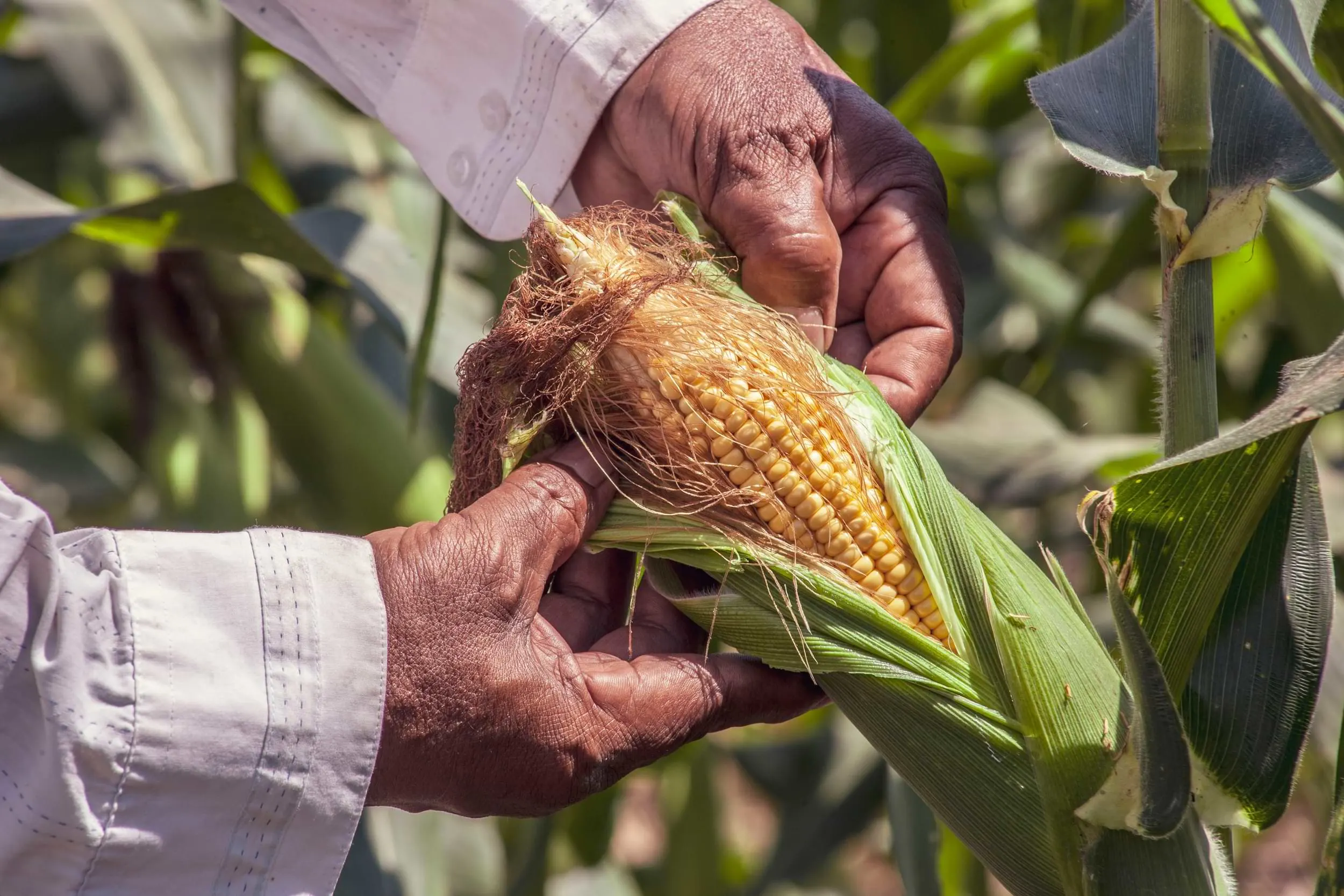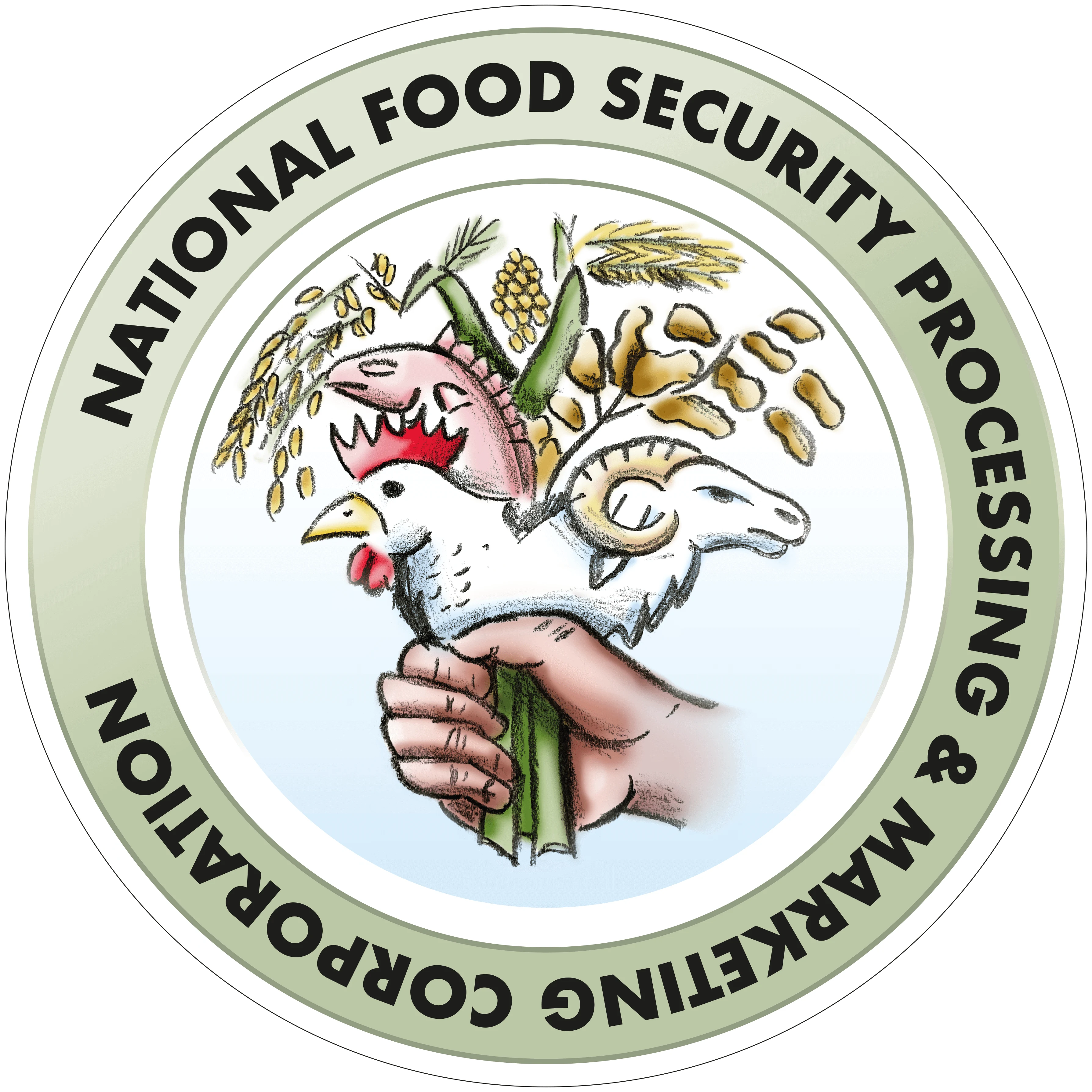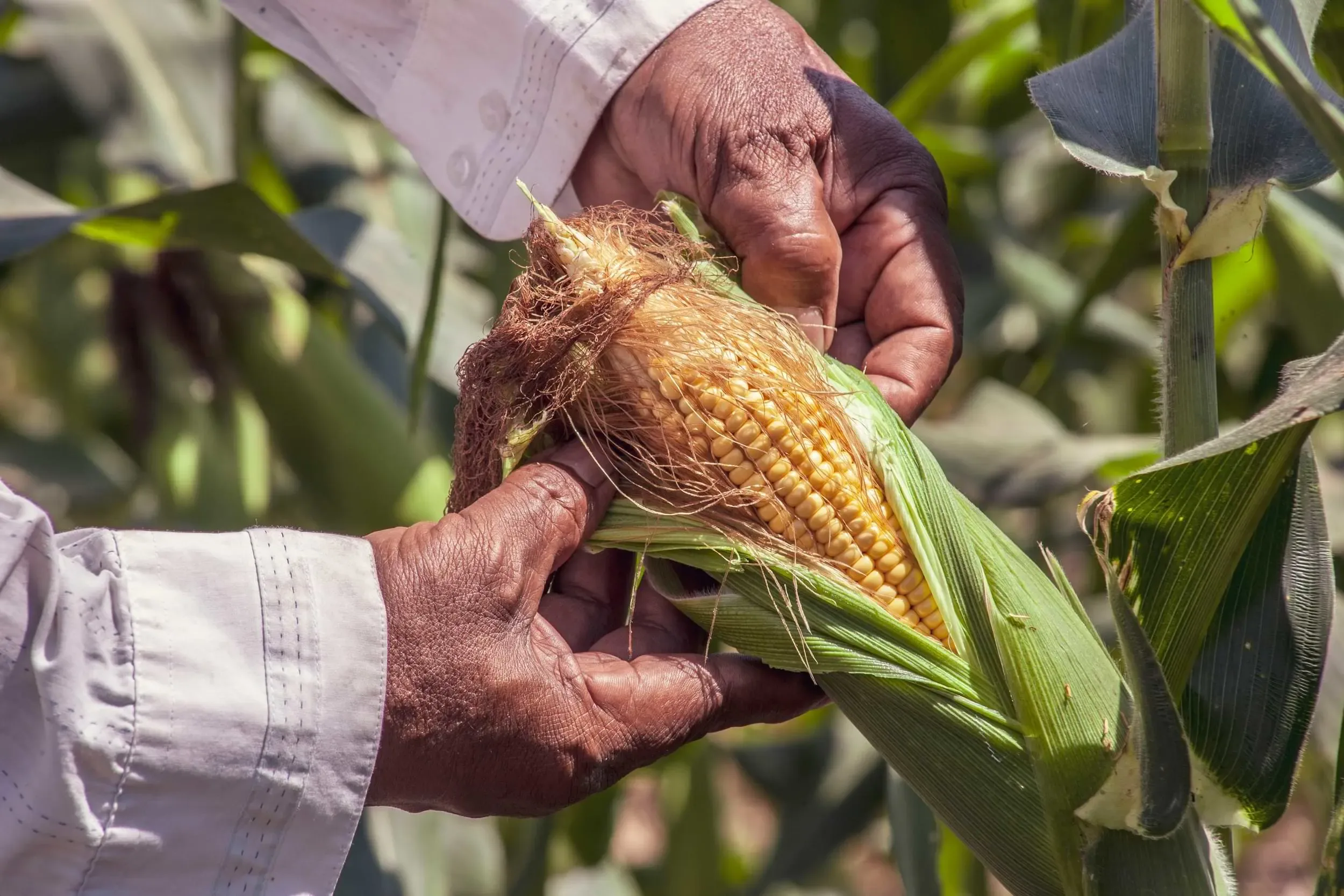The National Food Security Processing and Marketing Corporation (NFSPMC) is a key institution in The Gambia’s agricultural and food trade sector. It plays a significant role in commodity trading, importation, and market stabilization, ensuring that essential food products remain accessible and affordable. While NFSPMC focuses on promoting local agricultural production mainly groundnut, it also imports key food commodities such as rice, vegetable oil, sugar, and flour to improve food security and prevent shortages.
KEY AREAS OF NFSPMC’S COMMODITY TRADING ACTIVITIES
1. Groundnut Trade (The Gambia’s Major Cash Crop)
· NFSPMC is the largest buyer and exporter of groundnuts, which is The Gambia’s main cash crop.
· It establishes buying points across the country to ensure that farmers receive fair prices.
· The corporation manages the groundnut value chain, from collection to export, contributing to national revenue.
2. Rice Trade (Local Production & Importation)
· NFSPMC works to boost local rice production, supporting farmers with fertilizer, and access to markets.
· To bridge the gap between demand and supply, NFSPMC also imports large quantities of rice to ensure food security.
· The importation of rice helps to stabilize prices and prevent food shortages, particularly during off-season periods.
3. Importation of Vegetable Oil, Sugar, and Flour
· Vegetable Oil: Given the limited domestic production of cooking oil, NFSPMC imports vegetable oil to ensure affordability and availability for consumers.
· Sugar: The corporation plays a role in sugar imports to meet local demand and stabilize prices, especially during festive seasons.
· Flour: NFSPMC imports flour to support the bakery industry and food processing sector, ensuring steady supply for bread and other staple foods.
4. Price Stabilization & Market Regulation
· NFSPMC monitors market prices and intervenes when necessary to prevent price hikes.
· It works with the traders to set price ceilings on essential commodities to protect consumers.
· By balancing local production and strategic imports, NFSPMC ensures that Gambians have access to affordable staple foods.
5. Export & Regional Trade
· While NFSPMC imports essential food commodities, it also facilitates exports of Gambian agricultural products, such as groundnuts, and cashew.
· It promotes regional trade within ECOWAS, enhancing The Gambia’s position in the West African food market.
Challenges & Future Prospects
1. Challenges:
· Low local production of essential commodities affect growth.
· Global price fluctuations impact the cost of imports.
· Need for improved storage and logistics to reduce food waste.
2. Future Plans:
· Increase investment in groundnut production and processing
· Reduce import dependency.
· Strengthen public-private partnerships to enhance food distribution efficiency.
· Develop modern storage facilities to improve food security resilience.
Conclusion
The NFSPMC plays a crucial role in The Gambia’s food security strategy, ensuring that both locally produced and imported commodities are available at affordable prices. By balancing commodity trading, importation, and market regulation, the corporation contributes to a stable food supply, benefiting both consumers and farmers.








